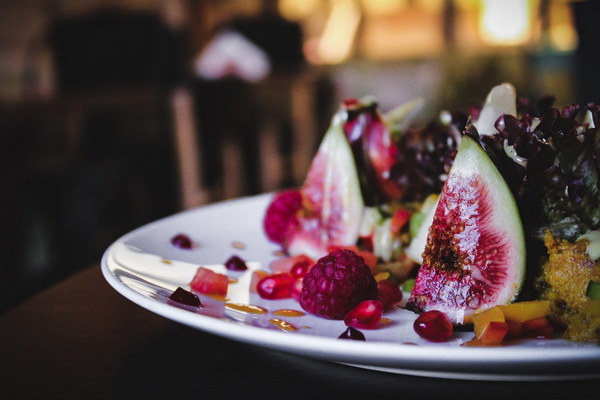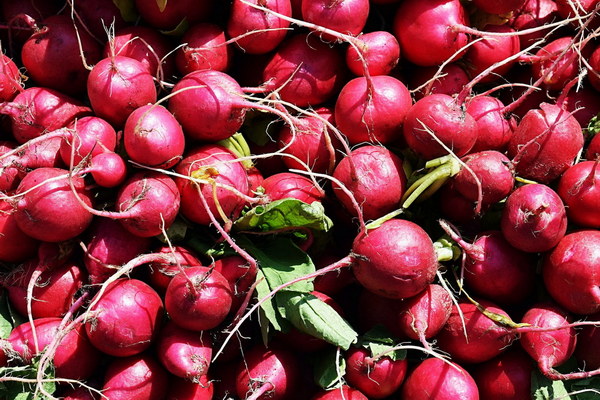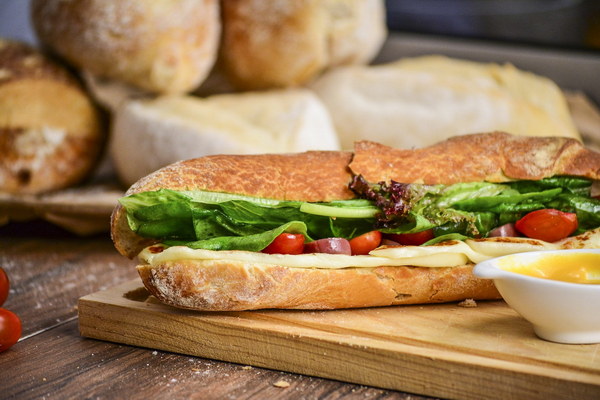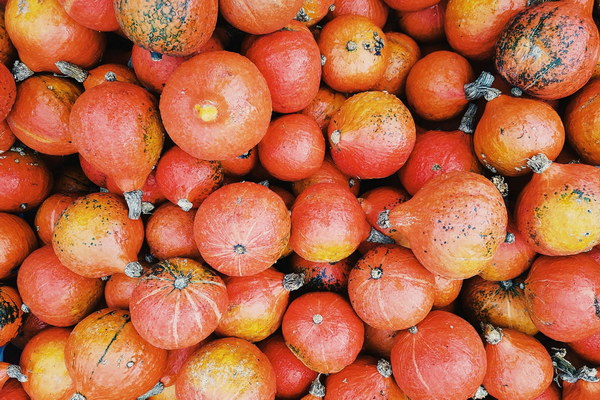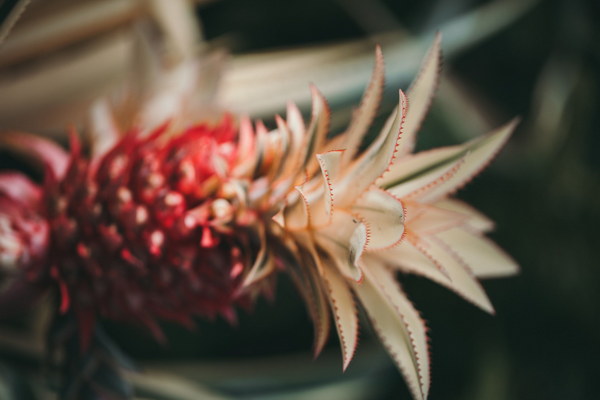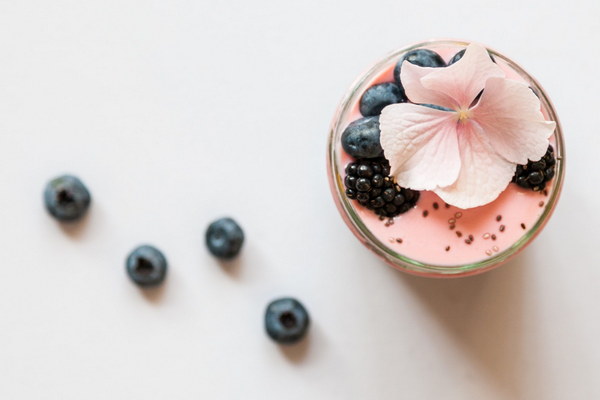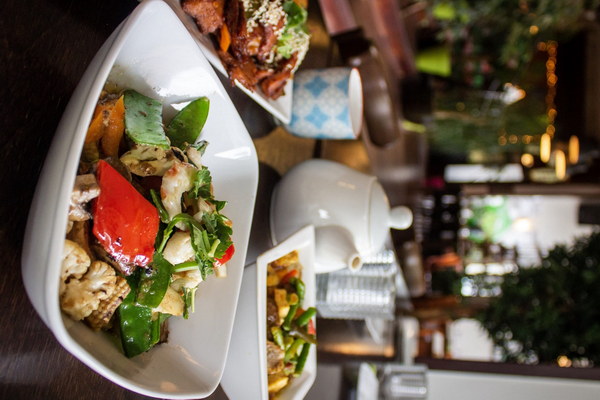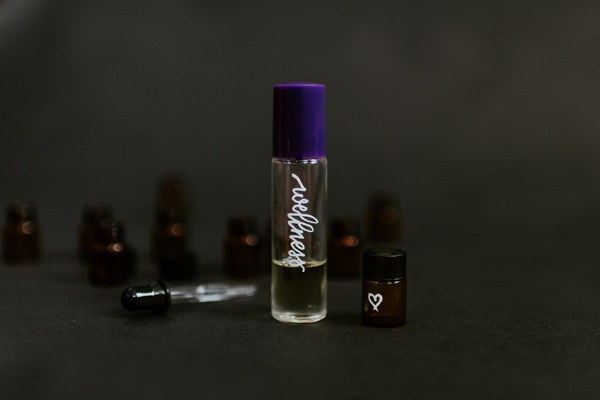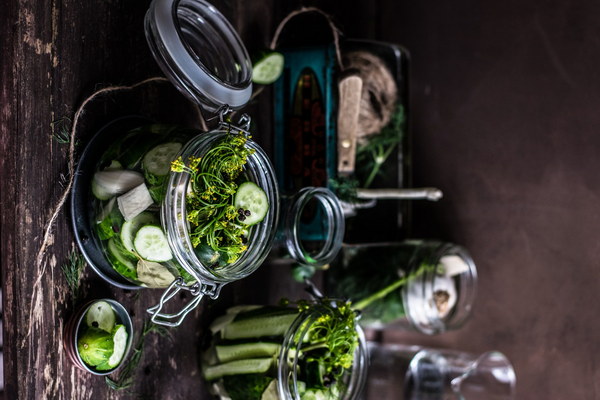Eating Your Way to Glowing Skin A Nutritional Guide for Skin Health
Introduction:
Healthy skin is a reflection of overall health, and what we put into our bodies plays a crucial role in maintaining its radiance. By incorporating the right nutrients into our diet, we can nourish our skin from the inside out. This article will explore the best foods to consume for glowing, healthy skin, and provide practical tips on how to incorporate them into your daily meals.
1. Hydrate Your Skin:
Water is the foundation of healthy skin. Drinking plenty of water helps to maintain skin elasticity, flush out toxins, and keep your skin hydrated. Aim for at least 8 glasses of water per day and incorporate hydrating foods like cucumber, watermelon, and strawberries into your diet.
2. Omega-3 Fatty Acids:
Omega-3 fatty acids are essential for maintaining skin barrier function and reducing inflammation. Foods rich in omega-3s include fatty fish like salmon, mackerel, and sardines, as well as flaxseeds, chia seeds, and walnuts. Incorporate these foods into your meals or take a fish oil supplement for an additional boost.
3. Antioxidants:
Antioxidants protect your skin from free radicals, which can cause damage and accelerate aging. Foods high in antioxidants include berries, dark chocolate, artichokes, and leafy greens. Include a variety of these foods in your diet to reap their benefits.
4. Vitamin C:
Vitamin C is essential for collagen production, which keeps your skin firm and elastic. Citrus fruits, strawberries, bell peppers, and kiwis are all great sources of vitamin C. Add these fruits to your breakfast, snacks, or incorporate them into your salads and smoothies.
5. Vitamin E:
Vitamin E is another powerful antioxidant that helps to protect your skin from UV damage and promotes skin repair. Nuts, seeds, and vegetable oils are rich in vitamin E. Add a handful of almonds or sunflower seeds to your meals, or drizzle olive oil over your salads and steamed vegetables.
6. Biotin:
Biotin, also known as vitamin B7, is crucial for healthy skin, hair, and nails. Foods high in biotin include eggs, nuts, seeds, and whole grains. Incorporate these foods into your diet to support your skin's health.
7. Zinc:
Zinc is essential for maintaining skin barrier function and healing wounds. Foods rich in zinc include beef, chicken, pork, and legumes. Add a serving of these foods to your meals or consume a zinc supplement for an additional boost.
8. Probiotics:
Probiotics promote a healthy gut, which is essential for healthy skin. Foods rich in probiotics include yogurt, kefir, sauerkraut, and kimchi. Incorporate these foods into your diet to support your skin's health.
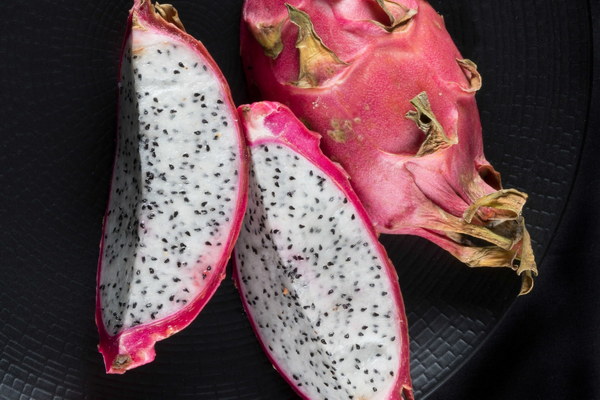
9. Avoid Processed Foods:
Processed foods are high in unhealthy fats, sugars, and sodium, which can contribute to inflammation and skin issues. Minimize your consumption of processed foods and opt for whole, unprocessed foods instead.
10. Eat a Balanced Diet:
A balanced diet that includes a variety of nutrients will help ensure that your skin receives the essential vitamins, minerals, and antioxidants it needs to thrive. Aim to include a variety of fruits, vegetables, whole grains, lean proteins, and healthy fats in your meals.
Conclusion:
By incorporating the right nutrients into your diet, you can nourish your skin from the inside out and achieve a glowing, healthy complexion. Stay hydrated, consume omega-3 fatty acids, antioxidants, and essential vitamins, and avoid processed foods to support your skin's health. Remember that a healthy diet is just one aspect of maintaining healthy skin; regular exercise, adequate sleep, and proper skincare routines are also essential.
